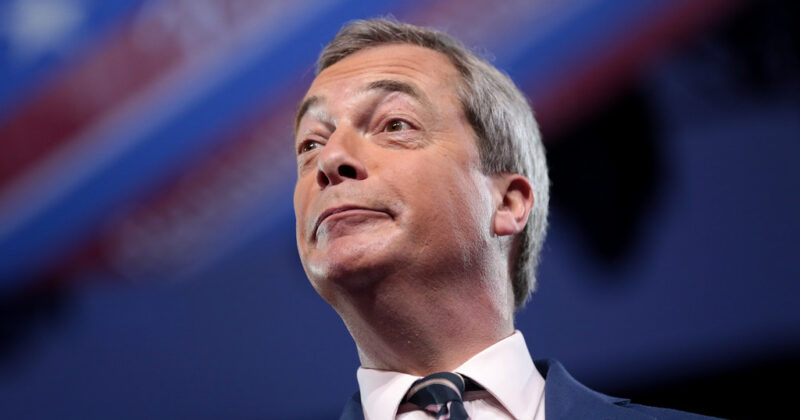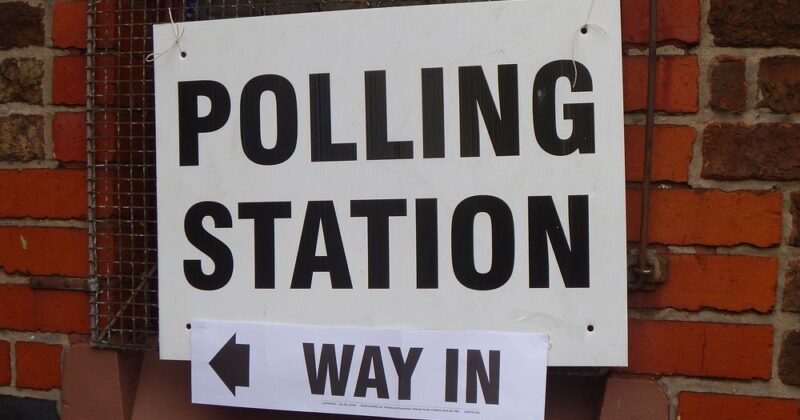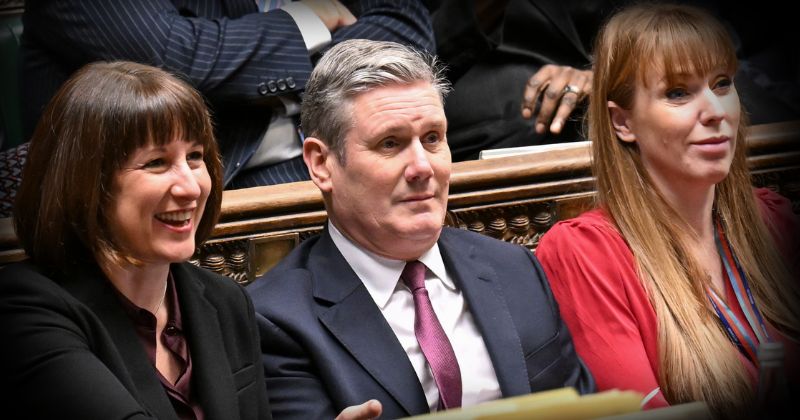Interview with Ken Loach: “No wonder people are angry”
 The British Film Industry is showing a retrospective of Ken Loach’s work during September and October. Here, we reprint a timely interview with Loach from November 2010, where he gives his views on film making and politics
The British Film Industry is showing a retrospective of Ken Loach’s work during September and October. Here, we reprint a timely interview with Loach from November 2010, where he gives his views on film making and politics
WP: What do you think of the present government?
WHERE TO begin? We all saw it coming on the left. It is comparable to the Thatcher government in the early 80s. They are using the economic situation to attack public services, health, the power of labour, as if that has not already been attacked enough, making the unemployed struggle more. The whole rhetoric from the government is about reinforcing the consciousness that if you are not working it is your fault, that you “can’t be bothered to work”. It is a return to the idea of the undeserving poor.But, you know, if you want to find the work-shy you just need to wander around Knightsbridge and Belgravia. They live off the wealth generated by other people.
In order to save their system they have to attack the working class – this means rewriting the 1940s settlement, which argued that “we are stronger together”. This led to the creation of the NHS.
The problem today is that these attacks are supported by right wing Labour MPs. On top of that the role of many of the trade union leaders has been terrible, but they are only fulfilling the same role of the last century.
John Pilger called for a new kind of politics based on direct action, and then a week later we have the occupation of Tory HQ. What do you think of this direction?
Well obviously throwing a fire extinguisher off the roof was stupid. But having said that I would support the students. People are entitled to be angry with all these Bullingdon boys in office. The thing we need to do is use the anger productively.
No wonder people are angry, community centres are closing, libraries are closing, benefits are being cut, this all affects working class parents and children the most. Clearly we need to build political unity against the cuts across the country.
On to your film work. You have been making movies for many years and during that time Britain has changed a lot. How do your films reflect this?
Well if you think about the movie we made, Kes, the boy in that is seen as a failure but he had a talent along with a predetermined job to go into, down the mines. He did not want the predetermined life choices that had already been made. Then we made another film recently called Sweet Sixteen about a lad of a similar age where there is no job, no community and many lives have been devastated by drugs. So that, I think, shows how the quality of life for many people has changed.
Well, it is the same conflict, either the struggle of people trying to make a life for themselves in harsh circumstances or the struggle of people as a class resisting the attacks of those who would oppress them, for example the civil wars in Spain and Ireland or against the U.S-backed Contra terrorists in Nicaragua. In a sense the relationship between the films is that the failure of the high points of the struggle defined the world in which the other characters grew up. If we had won in Ireland, or Spain then those characters in My Name Is Joe and Riff Raff would have existed in a better world.






